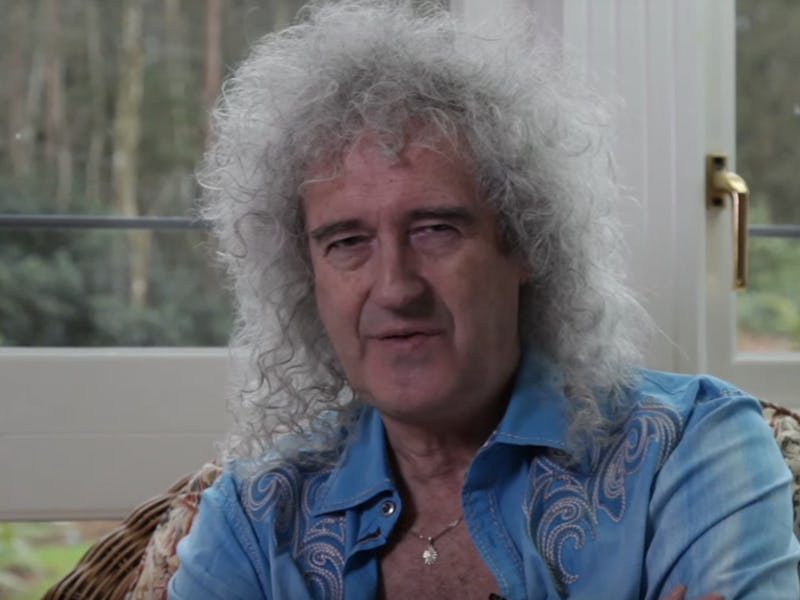Queen Guitarist Brian May on Earth Being Hit by Asteroid: "We Need to Know"
The Queen guitarist has something important to say in this European Space Agency video released today.

The European Space Agency hasn’t been shy about its overwhelming interest in asteroids — particularly when it comes to the safety of Earth and its inhabitants. I mean, the agency is sponsoring a day in June dedicated to talking about asteroids and spreading awareness about the potential for one of those big-ass rocks to slam into us and kill us off.
The ESA doesn’t just want to talk about asteroids, however. It wants to learn more. It wants to work to save us from impending doom. In a new video posted to YouTube, the ESA takes a moment to explain its Asteroid Impact Mission (AIM), which will send a probe out to study a double asteroid system for the first time ever. To launch in 2020 and arrive in 2022, the AIM probe would spend about six months collecting surface and structural data regarding a 180-meter-wide asteroid and learning more about the internal and external composition of such rocks.
Naturally, they’ve enlisted astrophysicist and Queen guitarist Brian May to help promote this work.
“Why is this important?” May asks in the video. “Why do we want to rendezvous with an asteroid? Well we need to know what would happen if one of those asteroids hit the earth.”
The purpose of AIM isn’t just to learn more about asteroids for the sake of science. The real goal is to understand the kinetic effects that occur when something crashes into a rocket zipping around space. AIM is simply the first step — the next is the NASA-led Double Asteroid Redirection Test (DART), in which another spacecraft slams into the asteroid and tries to change its orbit.
Changing an asteroid’s trajectory is exactly the type of thing NASA and others would hope to do in a situation where an asteroid threatens Earth.
The asteroid might be impacted by DART and change orbit. Or it might simply defect the little bugger and keep on its own path.
“We need to know,” says May.